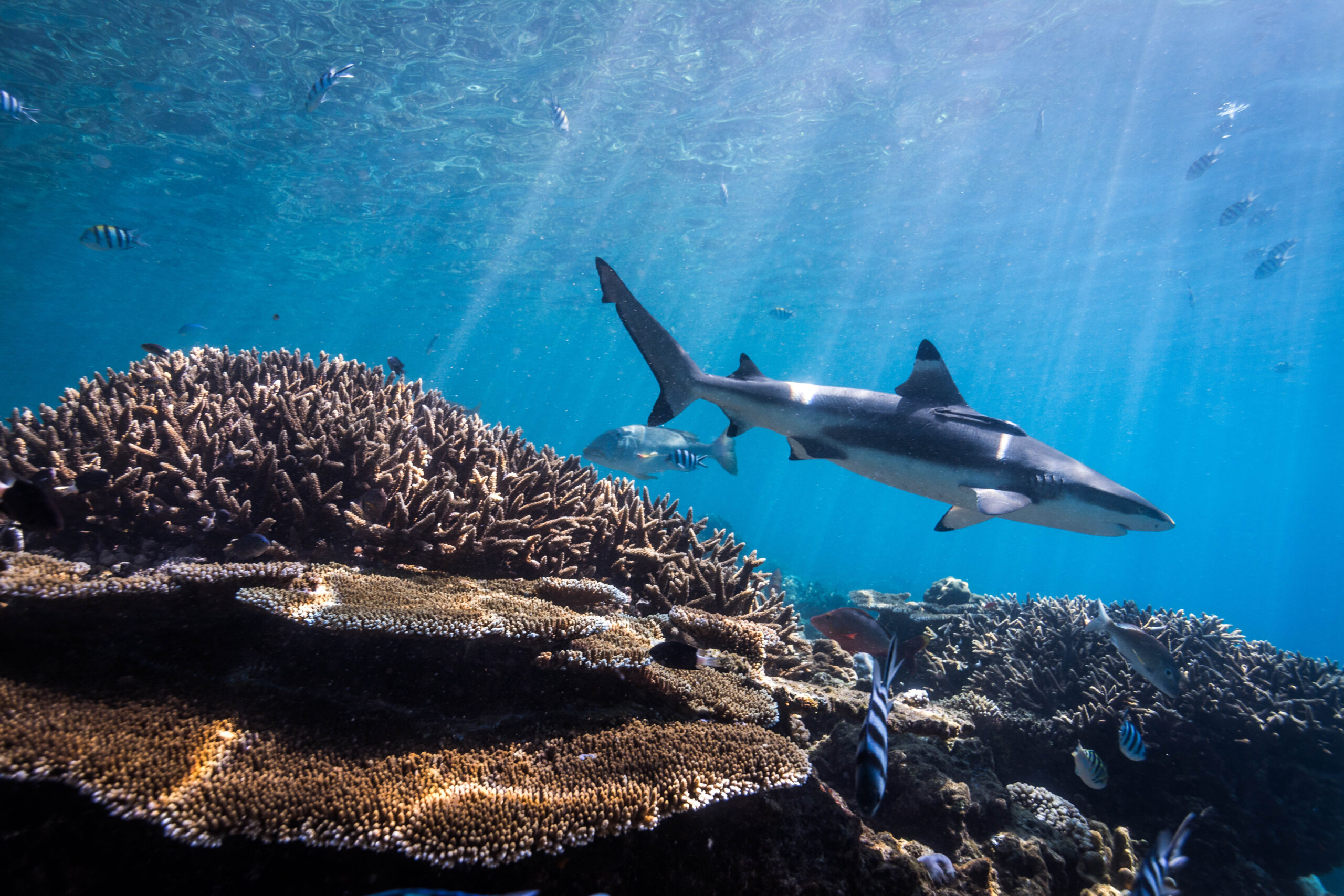Ove Hoegh-Guldberg, in partnership with the University of Queensland, Boston Consulting Group, and WWF, has just launched a new report: Reviving the Ocean Economy: The Case For Action – 2015, illustrating the economic case for ocean conservation. The authors estimate that the total economic value of coastal and oceanic environments is at least US$24 trillion. If compared to the world’s top economies, the ocean would rank seventh globally, with an annual value of goods and services of US$2.5 trillion.
KEY STATS FROM THE REPORT
- The total value of key ocean assets is conservatively estimated at $24 trillion USD
- The ocean produces an annual value of goods and services of $2.5 trillion USD
- 2/3rds of that value is being threatened by over-exploitation, misuse and climate change
- 90% of global fish stocks are over or fully-exploited
- 2050 – the year all coral reefs will completely disappear at the current rate of warming
- Globally, mangroves are being deforested 3 to 5 times faster than forest areas
- 50% of the world’s corals have already disappeared
- Almost 1/3 of all sea grasses have already been lost
- The ocean produces 50% of the oxygen that we breathe
The authors propose the following actions to deliver real change and benefits for ocean systems and the people who depend on them, with the first three prioritized for 2015:
- ACTION 1: Ensure ocean recovery features strongly in the UN Post-2015 Agenda, including the Sustainable Development Goals (SDGs).
- ACTION 2: Listen to science and make the deep cuts in emissions that will prevent further increases in dangerous climate change. It is vital that the world signs on to an ambitious international agreement in Paris in December 2015 (COP21).
- ACTION 3: Protect and effectively manage 10% of representative coastal and marine areas by 2020, increasing coverage to 30 per cent by 2030.
- ACTION 4: Rebuild fish stocks to ecologically sustainable harvest levels and deal with the problem of illegal fishing
- ACTION 5: Create a “Blue Alliance” of concerned maritime countries to drive new global cooperation and investment for the ocean.
- ACTION 6: Create a network of public-private partnerships that take into account the well-being of communities, ecosystems and business.
- ACTION 7: Communities and countries must develop complete, transparent and public accounting of the benefits, goods and services that the ocean provides.
- ACTION 8: Share knowledge more effectively and drive institutional collaboration to that problems can be understood and solutions applied.
Author: Hoegh-Guldberg, O. et al.
Year: 2015
View Full Article
WWF International, Gland, Switzerland., Geneva, 60 pp.


